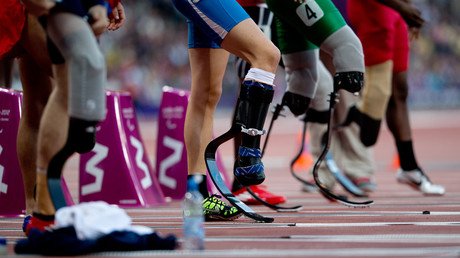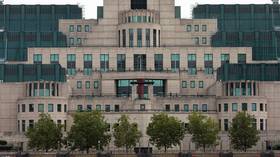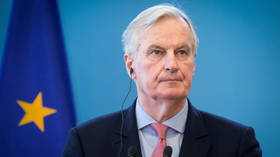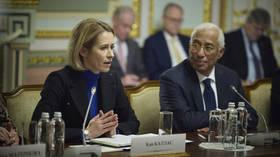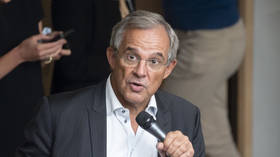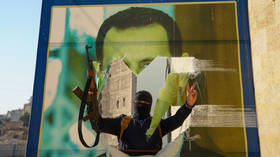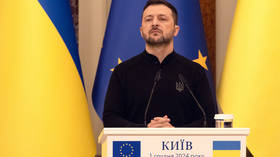US athletes plan to boycott Russian-hosted World Championships
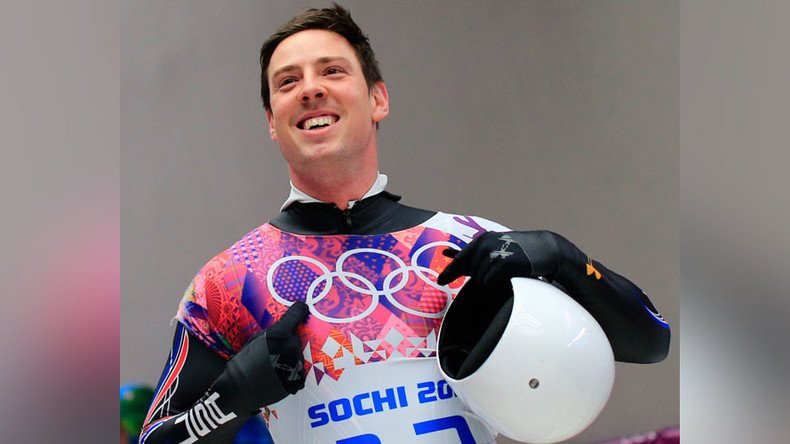
American bobsled and skeleton athletes could boycott the World Championships in Sochi next year in protest at the Russian doping scandal.
According to the New York Times, athletes have concerns over numerous issues including doping control, personal safety and information security.
The newspaper says memos have been circulated calling for a boycott of the bobsled and skeleton championships in Sochi, the venue for the 2014 Winter Olympics.
"This has been passed down the line from the very highest level of sport, and now it's fallen into the lap of athletes," said Kyle Tress, an American skeleton racer.
"There's tremendous support to skip this event, and I think it's the right decision."
Earlier this year, a World Anti-Doping Agency (WADA)-commissioned report, led by Canadian lawyer Richard McLaren, said that the Russian Sports Ministry actively participated in swapping samples at its laboratories during the Sochi Olympics, claiming the Federal Security Service (FSB) also provided assistance.
READ MORE: Russian authorities systematically covered up doping abuse at 2014 Olympics – WADA report
McLaren’s investigation centered on accusations made in the New York Times by whistleblower Grigory Rodchenkov, the former head of the under-fire Moscow Anti-Doping Laboratory.
The report later led to a near-blanket ban on Russian track and field athletes participating at the Rio 2016 Olympic Games, as well as a total ban on the Russian team for the Rio Paralympics.
"The fact that nothing has been done about the Sochi scandal and the fact that we're still going to race there — it doesn't make us feel secure, or that they're taking the situation seriously," said skeleton racer Katie Uhlaender.
The United States Olympic Committee (USOC), which is currently focused on its bid to hold the 2024 Summer Games in Los Angeles, told Reuters however that it was against a "blanket boycott" of the event, which helps determine rankings ahead of the 2018 Winter Olympics in Pyeongchang, South Korea.
"The US Olympic Committee supports athletes' rights to choose when and where they compete – we support their right to choose not to compete," USOC spokesman Patrick Sandusky said in an email.
"The USOC does not, and will not, support blanket boycotts of any event."
Since the emergence of the doping scandal, numerous Russian athletes have been stripped of their medals from the Olympic Games in Beijing in 2008 and London in 2012, but not the Sochi Games.
Athletes calling for a Sochi boycott and the relocation of the championships are also hoping that WADA's publication of the second McLaren report, expected on Friday, December 9, will force action from the International Olympic Committee (IOC) and the International Bobsleigh and Skeleton Federation.
"Perhaps after the report comes out, they'll listen," said Tress said.
"There's politics and money and sponsors involved, but this is an opportunity to come out in favor of clean sport. And they've missed that opportunity."
While Russia's national anti-doping agency (RUSADA) is currently decertified by WADA, meaning the country is ineligible to hold Olympic events, some officials say it should be extended across the board to include other competitions.
"So long as Russia is noncompliant, they should not have events there," said Thorhild Widvey, a Norwegian politician and member of WADA's executive committee, the New York Times reported.
